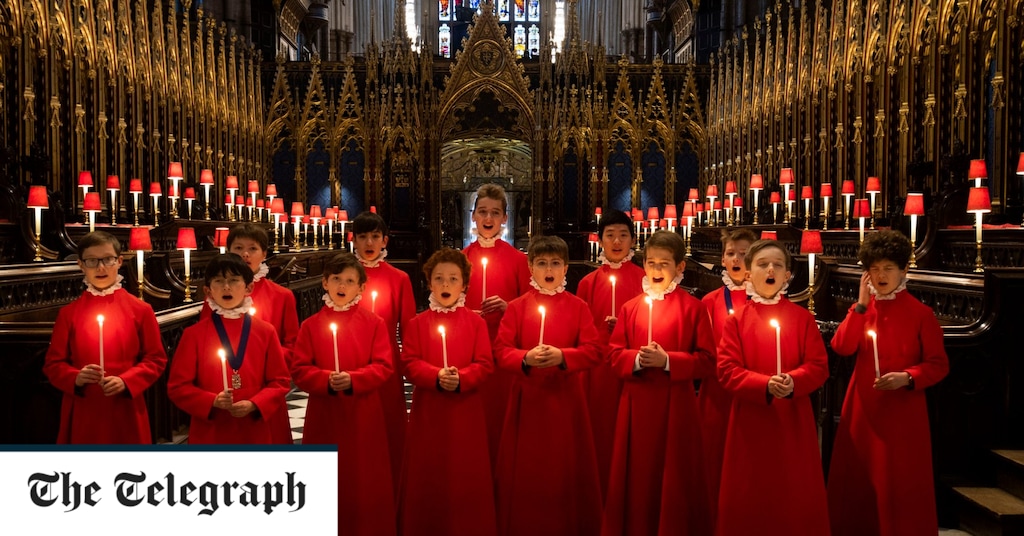
In classical music, as in all the arts, 2022 was supposed to be a new dawn, a joyous surging back to life after the dismalness of two lockdown years. In the event, it was – but only up to a point.
Numerous events were curtailed or hampered because of illness, and the Proms lost two headline artists, Jonas Kaufmann and Freddie De Tommaso, to bouts of Covid. And the return of audiences to live events has been tentative. Only for the biggest names have venues been able to fill every seat, and most orchestras report audiences are still about 15 per cent down on pre-pandemic figures.
Brexit continues to exert a huge drag, imposing maddening bureaucratic delays and costs on anyone who wants to travel to the EU to perform – and vice versa. The Russian invasion of Ukraine was another blow, as organisations rushed to disinvite Russian soloists, give back tainted Russian money, and cancel concerts with Russian music (though there was also an upside, in the rush to programme fine Ukrainian composers we’d never heard of).
These headwinds were expected. What was not expected, and came as a nasty shock, was the sharp decline in listeners to the BBC’s classical music station, Radio 3, which lost one in six of its listeners in the third quarter of 2022. Commercial stations Classic FM and Scala Radio were also sharply down, by 6.5 per cent and 9.5 per cent respectively. There was much anxious speculation that just as listeners were losing the habit of going to concerts, they were also losing the habit of turning on the radio, as well.
Underneath the temporary choppy seas of rising costs and falling revenues run deeper, less visible currents of social and cultural change, to which musicians and organisations must adapt. Classic FM now offers playlists organised by “mood”. In a nod to younger listeners’ preference for spiritually “immersive” music, Radio 3, once the home of strenuous high-mindedness, has invited Icelandic musician Ólafur Arnalds to curate his own series, Ultimate Calm, which explores “how classical, contemporary and ambient music can soothe the soul”. The fact that some musicians still talk in terms of musical experience as a effortful “going on a journey”, whereas others now see it as a lucid, thoroughly wide-awake process of following the unfolding logic of a piece, shows that there are competing visions of what classical music is or should be.